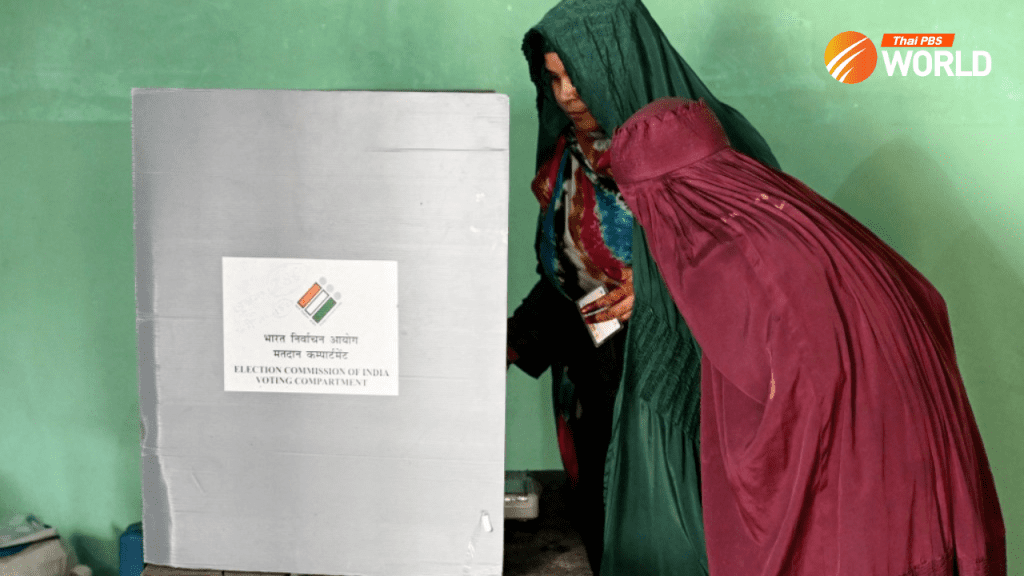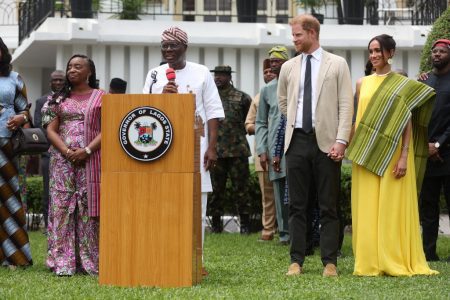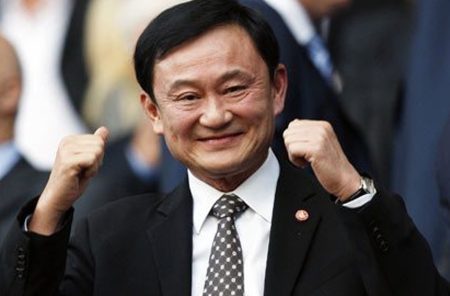India started voting on Friday in a six-week election where Hindu nationalist Prime Minister Narendra Modi is almost certain to win, as a weakened opposition is pushed aside.
A total of 968 million people are eligible to participate in the world’s largest vote — a huge logistical challenge that critics say follows a deliberate effort to undermine competitors.
A long and winding line formed outside a polling station in the Hindu holy city of Haridwar, on the banks of the Ganges river, even before the booths opened.
“I am here because I am happy about the direction the country is headed,” said autorickshaw driver Ganga Singh, 27.
“I will vote keeping in mind not personal welfare but the country’s prosperity.”
Modi, 73, remains extremely popular after a decade in office that has seen India rise in diplomatic clout and economic power, as well as efforts by his government to bring the country’s majority faith in ever closer alignment with its politics.
“I urge all those voting… to exercise their franchise in record numbers,” he wrote in a social media post on X as the election began.
“Every vote counts and every voice matters!”
Modi has already led the ruling Bharatiya Janata Party (BJP) through two overwhelming victories in 2014 and 2019, largely due to his appeals to the Hindu faithful.
This year, he oversaw the opening of a grand temple to the deity Ram, built on the site of a centuries-old mosque destroyed by Hindu zealots.
“The nation is creating the beginning of a new history,” Modi told the thousands gathered for the ceremony, including Bollywood celebrities and cricket stars.
Construction of the temple fulfilled a long-standing demand of Hindu activists and was widely celebrated across India with continuous television coverage and street parties.
– ‘Pattern of repression’ –
Analysts have long predicted that Modi would prevail against a disunited alliance of more than two dozen parties that have not yet named a candidate for prime minister.
His prospects have been further strengthened by several criminal investigations into his opponents and a tax inquiry this year that froze the bank accounts of Congress, India’s largest opposition party.
Opposition figures and human rights organizations have accused Modi’s government of orchestrating the investigations to weaken rivals.
“We have no money to campaign, we cannot support our candidates,” Rahul Gandhi, the most prominent Congress leader, told reporters in March.
“Our ability to fight elections has been damaged.”
Congress dominated Indian politics for almost seven decades after independence and remains the only opposition party with a nationwide presence.
In Haridwar, Gabbar Thakur, who photographs tourists by the Ganges for a living, turned out early to vote.
“I am here because I am upset with the government,” he said. “The so-called development hasn’t reached where I live.”
Modi’s time in office has seen India surpass former colonial ruler Britain as the world’s fifth-largest economy, and Western nations seeking to ally with India against regional rival China’s increasing assertiveness.
In doing that, they have avoided worries about controlling India's once-lively media and limitations on civil society that have led to organizations like Amnesty significantly reducing their local activities.
Last year, the tax office searched the BBC’s local offices shortly after the British broadcaster showed a film questioning Modi’s involvement in 2002 religious conflicts that resulted in the death of about 1,000 people, mostly Muslims.
Although India is officially secular, the country's 220 million-strong Muslim community and other smaller groups have felt endangered by the increasing support for Hindu nationalism.
CIVICUS, a rights group, stated in a report on Wednesday that during Modi’s time in office, there has been “a trend of suppression aimed at weakening democracy and civic freedom.”
– Opposition alliance –
Modi’s BJP is being disputed by a coalition of over two dozen parties that have joined together in an electoral bloc.
It has accused Modi’s government of using law enforcement agencies to selectively target its leaders and undermine its campaign.
Among those is Delhi chief minister Arvind Kejriwal, who was arrested last month and remains in custody due to allegations that his party received kickbacks in exchange for liquor licenses.
Gandhi, a member of India’s prominent political family, whose father, grandmother and great-grandfather all served as prime minister, was briefly barred from parliament last year after being found guilty of criminal libel.
The 53-year-old has condemned the government for a decline in democracy and its assertive Hindu nationalism.
On Friday, his Congress party called on voters to put an end to “hatred and injustice” as polls opened.
“Your one vote can put an end to inflation, unemployment, hatred and injustice,” it said on the X social media platform.
But Gandhi has already led Congress to two defeats against Modi, and his attempts to diminish the prime minister's popularity have not resonated with voters.
Published opinion polls are infrequent in India, but a Pew survey last year found that nearly 80 percent of the public had a favorable view of Modi.
Voting will take place over seven stages between April 19 and June 1, with over a million polling stations across India.
Ballots will be counted all at once on June 4 and results are typically announced on the same day.
By Agence France-Presse









